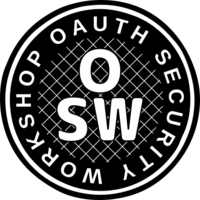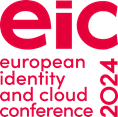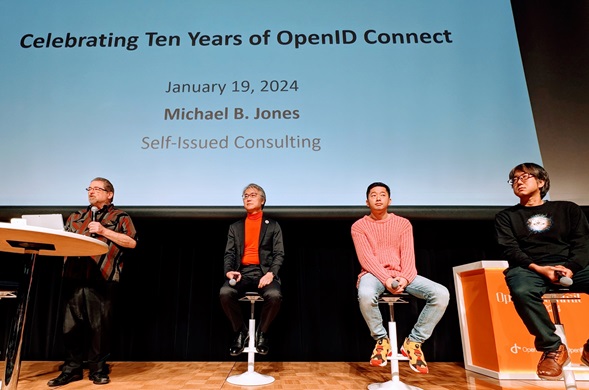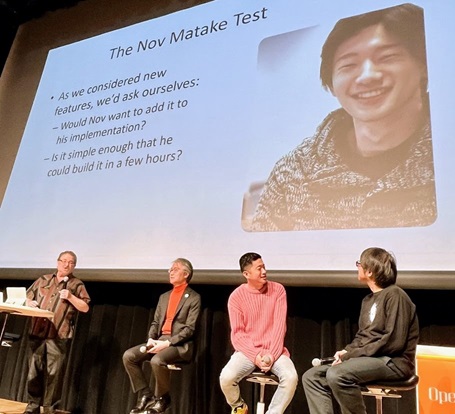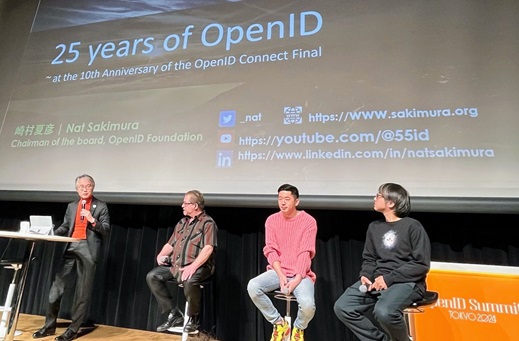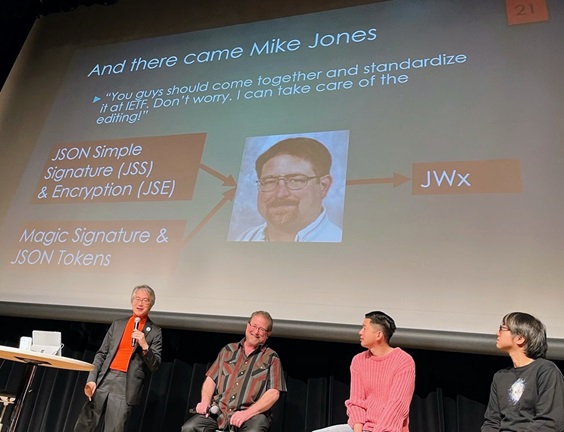Kim Cameron first told me what Digital Identity is on February 1, 2005. He said that the Internet was created without an identity layer. He encouraged me “You should come help build it with me.” I’ve been at it ever since!
What I wrote about digital identity a decade ago remains as true today:
An interesting thing about digital identity is that, by definition, it’s not a problem that any one company can solve, no matter how great their technology is. For digital identity to be “solved”, the solution has to be broadly adopted, or else people will continue having different experiences at different sites and applications. Solving digital identity requires ubiquitously adopted identity standards. Part of the fun and the challenge is making that happen.
I’m not going to even try to list all the meaningful identity and security initiatives that I’ve had the privilege to work on with many of you. But I can’t resist saying that, in my view, OpenID Connect, JSON Web Token (JWT), and OAuth 2.0 are the ones that we knocked out of the park. I tried to distill the lessons learned from many of the initiatives, both successes and failures, during my 2023 EIC keynote Touchstones Along My Identity Journey. And there’s a fairly complete list of the consequential things I’ve gotten to work on in my Standards CV.
I’ll also call attention to 2025 marking twenty years of the Internet Identity Workshop. I attended the first one, which was held in Berkeley, California in October 2005, and all but one since. What a cast of characters I met there, many of whom I continue working with to this day!
As a personal testament to the value of IIW, it’s where many of the foundational decisions about what became JWS, JWE, JWK, JWT, and OpenID Connect were made. Particularly, see my post documenting decisions made at IIW about JWS, including the header.payload.signature representation of the JWS Compact Serialization and the decision to secure the Header Parameters. And see the posts following it on JWE decisions, naming decisions, and JWK decisions. IIW continues playing the role of enabling foundational discussions for emerging identity technologies today!
It’s been a privilege working with all of you for these two decades, and I love what we’ve accomplished together! There’s plenty of consequential work under way and I’m really looking forward to what comes next.

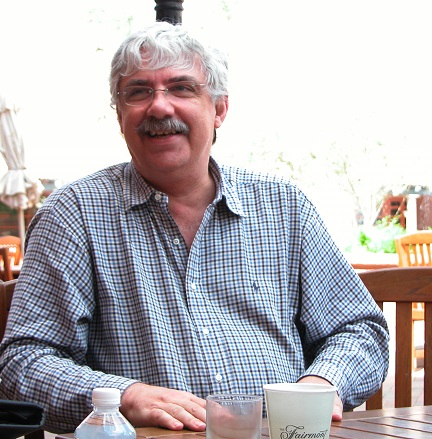
Images are courtesy of Doc Searls. Each photo links to the original.
 I was encouraged by Pål Axelsson to hold an unconference discussion giving an overview of OpenID Federation during the 2025 Internet2 Technology Exchange conference in Denver. So I did so with a receptive and engaged group of participants yesterday, Thursday, December 11, 2025. See the notes from the Thursday session by Phil Smart, which include links to multiple Federation pilots.
I was encouraged by Pål Axelsson to hold an unconference discussion giving an overview of OpenID Federation during the 2025 Internet2 Technology Exchange conference in Denver. So I did so with a receptive and engaged group of participants yesterday, Thursday, December 11, 2025. See the notes from the Thursday session by Phil Smart, which include links to multiple Federation pilots.













